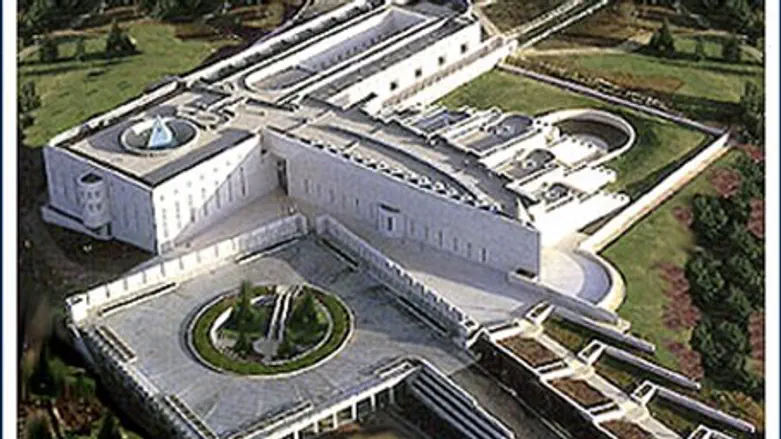
Israel’s High Court of Justice is expected to issue a ruling on petitions filed by families of terror victims against the exchange of 1,027 security prisoners held by Israel in exchange for kidnapped soldier Gilad Shalit.
The court heard arguments pertaining to the petitions on Monday afternoon.
In addition to the petitions filed by bereaved families, a petition from the Almagor organization for Terror Victims requested the court delay the deal arguing the break-neck pace it is being executed at has not allowed many of the families of terror victims to review the list of those to be released and formulate a response.
The first group of 477 prisoners, whose names were published Sunday, are scheduled to be released on Tuesday. At that time, Hamas is slated to transfer Gilad Shalit, who they have held captive for over five years, to Israeli officials.
State attorneys argued the Shalit deal brokered by the Netanyahu government was strictly a political decision and had no bearing on the legal system.
"The court has refused, time after time, to interfere with the release of prisoners as part of a deal reached through political negotiations," the state said.
"The decision was made after authorized professionals made a detailed examination of the request during negotiations.
Gilad Shalit’s parents, Noam and Aviva, also submitted a brief to the court.
"We sympathize with the pain of the families of the terror victims, but ask that the court not make any change, however small, to the deal made by the government," Schalit's parents wrote. "Any delay, however small, will put Gilad's life in danger.”
During the hearing Supreme Court President Dorit Beinisch said the deal brokered by the Netanyahu government meant "the cancellation of legal decisions which established that these people should be behind bars."
"The moral and legal difficulty is laid out before us...we are sitting among our own people. There is no need to explain the painful history and the very difficult dilemmas we face," Beinisch added.
Observers say it is highly unlikely the court will interfere with the terrorists-for-Shalit deal, which they will likely define as a diplomatic –security matter beyond their purview.
They also note mechanism of a presidential pardon to secure the prisoners' release is, effectively, an extrajudicial mechanism.